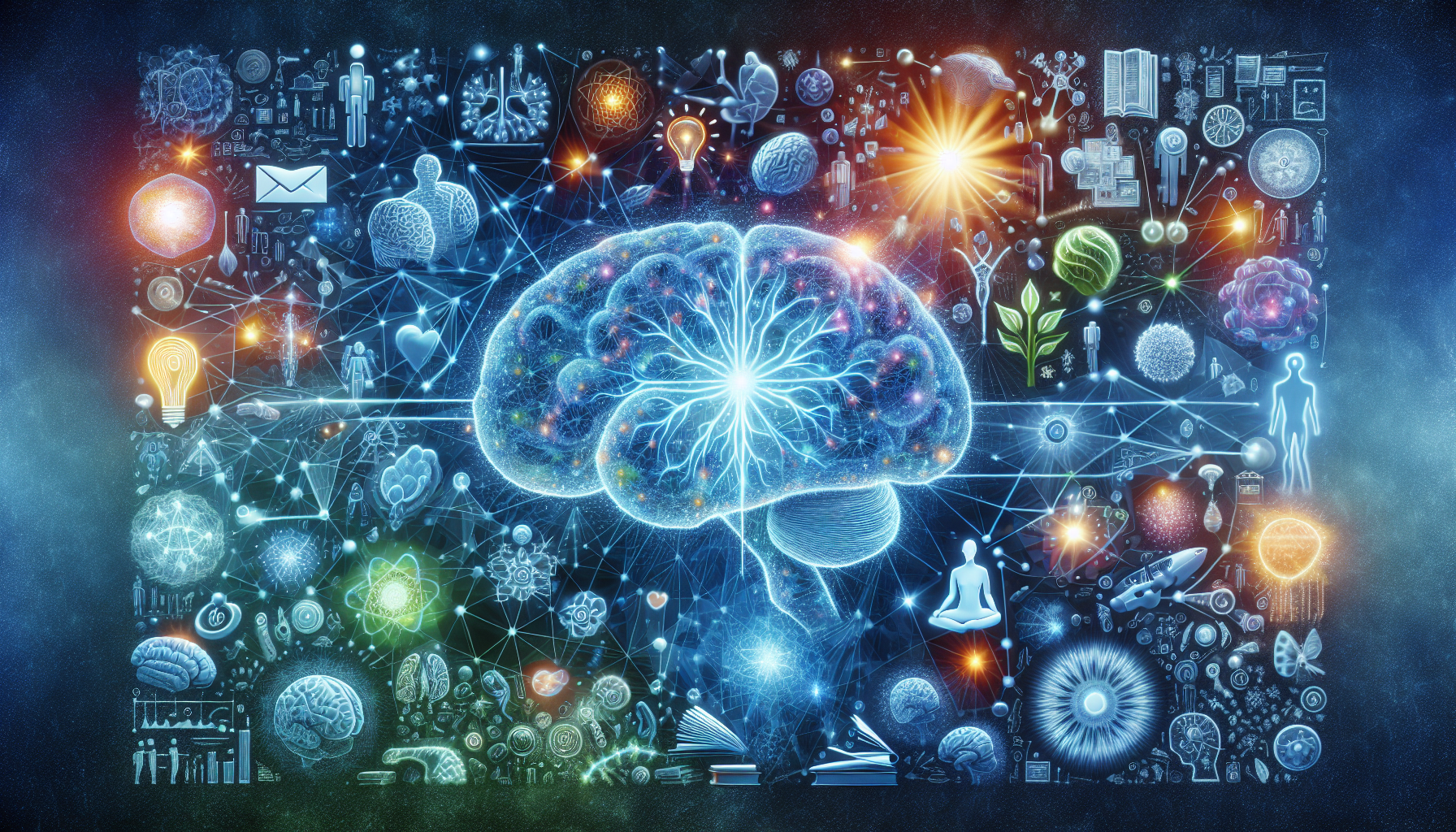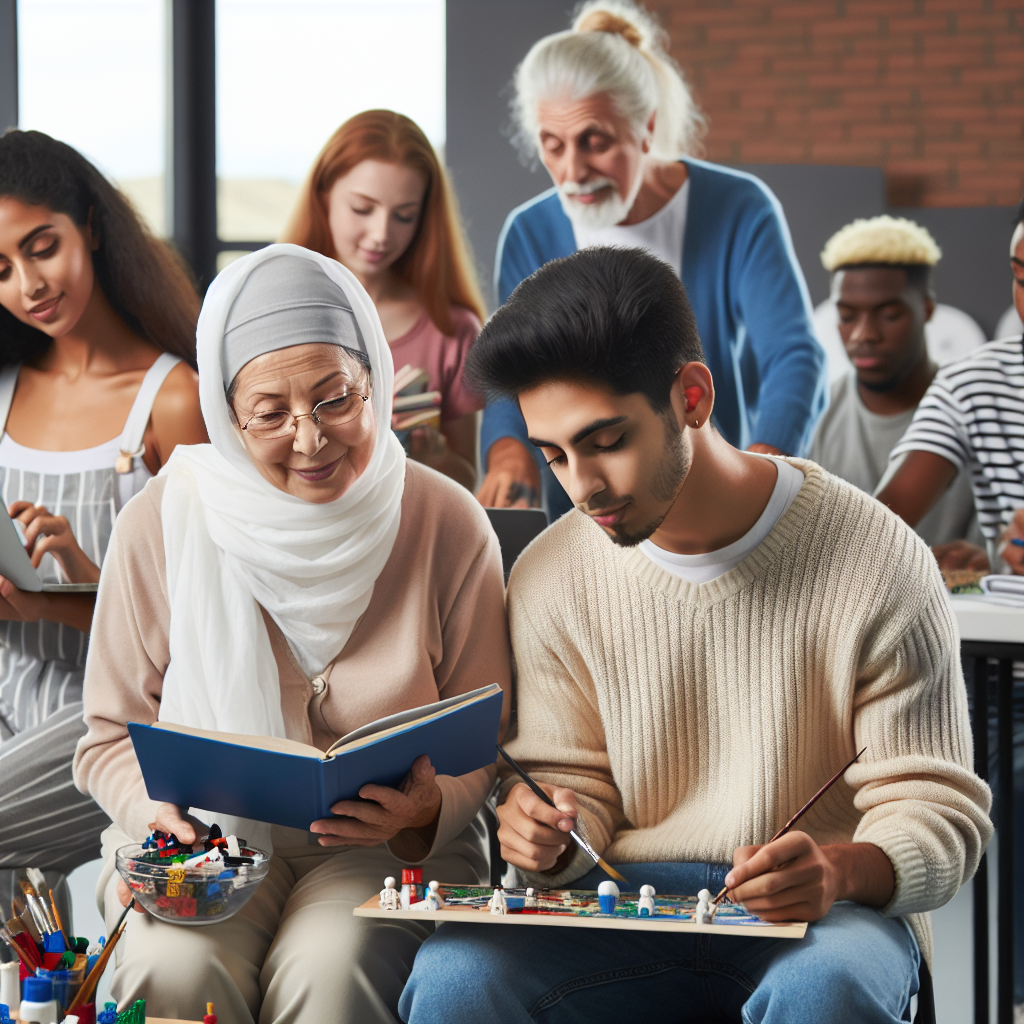In a world where the pursuit of knowledge is more accessible than ever, the concept of lifelong learning has become increasingly significant. Not only does continual education enrich personal and professional aspects of life, but it also has profound implications for brain health. This article delves into the myriad of benefits that lifelong learning offers to cognitive function and overall brain wellness, while also highlighting strategies to integrate learning into every stage of life.
The Neurological Impact of Learning
Lifelong learning is not just a means to acquire new skills or knowledge; it’s a powerful stimulant for the brain. Engaging in new educational experiences can foster the development of neural pathways, enhance cognitive reserve, and even spur neurogenesis – the creation of new neurons. This process is essential in maintaining brain plasticity, which allows the brain to adapt to new challenges and information.
For a deeper understanding of the brain’s capacity for change and adaptation, the article on Brain Health provides essential insights into the underlying mechanisms that support cognitive development and maintenance through various stages of life.
Cognitive Benefits of Continuous Learning
Enhanced Memory and Attention Span
Regularly challenging the brain with new information can improve memory retention and extend attention spans. Studies have shown that engaging in mentally stimulating activities across a lifetime can delay the onset of memory-related diseases such as dementia.
Problem-Solving and Critical Thinking
Lifelong learners often exhibit improved problem-solving skills and critical thinking abilities. These skills are not only invaluable in daily life but also contribute to a more resilient and adaptable mind.
Emotional Intelligence and Empathy
Learning about different cultures, languages, and perspectives can increase emotional intelligence and empathy. These are key components of social cognition, which plays a pivotal role in maintaining healthy relationships and emotional well-being.
Lifelong Learning as a Preventative Measure
As we age, the risk of cognitive decline increases. However, lifelong learning can act as a preventive strategy, potentially delaying or reducing the severity of age-related cognitive impairments. By continuously engaging in new learning experiences, individuals can build a cognitive reserve that may protect against the effects of brain aging.
The article on Strategies to Prevent Age-Related Cognitive Decline offers practical advice on how to maintain cognitive function well into the later years of life through lifelong learning and other methods.
Learning and Mental Health
The benefits of lifelong learning also extend to mental health. The sense of achievement and the fulfillment that comes from learning new things can boost self-esteem and help ward off feelings of depression and anxiety. Additionally, the social aspect of learning, whether through online courses or community classes, can provide a valuable sense of community and belonging.
To explore how lifelong learning correlates with mental health, the article on How Meditation and Mindfulness Improve Brain Health discusses the positive effects of these practices on cognitive and emotional well-being.
Lifelong Learning in Practice
Educational Pursuits
Whether it’s returning to school for a degree, taking online courses, or attending workshops and lectures, formal education is a potent form of lifelong learning that expands knowledge and sharpens intellect.
Hobbies and Crafts
Pursuing hobbies or learning a new craft can be just as effective as formal education. Activities such as playing a musical instrument, painting, or woodworking challenge the brain in unique ways that promote cognitive health.
Reading and Writing
Regular reading and writing not only provide knowledge and improve literacy but also stimulate imagination and critical thinking skills, which are crucial for brain health.
Travel and Cultural Experiences
Traveling and immersing oneself in new cultures can enhance cognitive flexibility and adaptability, providing a rich learning experience that benefits brain health.
External Resources Supporting Lifelong Learning
To complement the concepts discussed, the following resources offer niche and specific insights into the benefits of lifelong learning on brain health:
- A research paper on The Association Between Lifelong Learning and Cognitive Function provides a scientific examination of how continued education affects cognitive abilities.
- An article from The Learning Scientists discusses strategies to make learning more effective for all ages, highlighting the importance of lifelong learning strategies.
- The Global Council on Brain Health offers recommendations on how to maintain and improve brain health, including aspects of lifelong learning.
Remember, the journey of lifelong learning is not just about acquiring knowledge; it’s about nurturing a healthy and vibrant brain capable of facing the complexities of life with agility and resilience.



